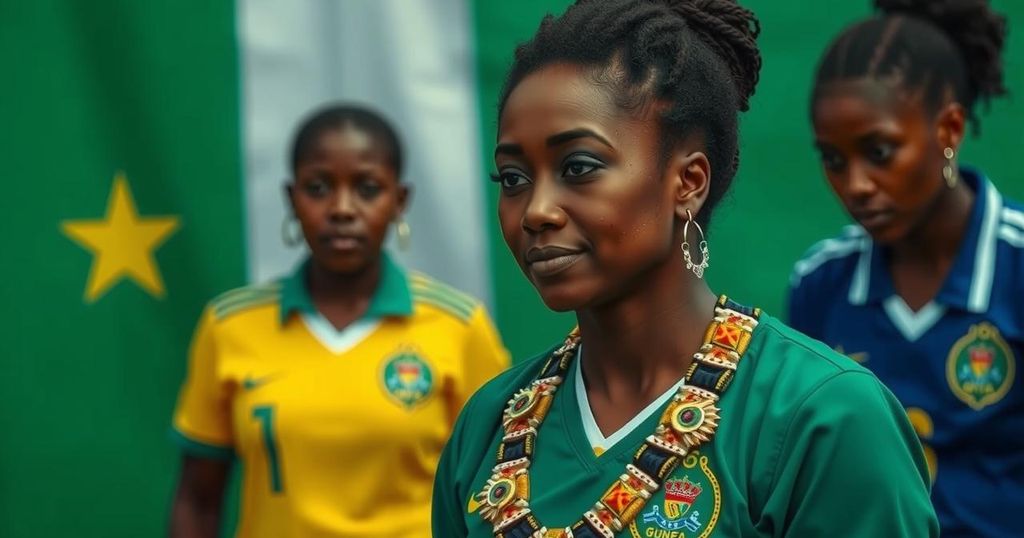Equatorial Guinea Sex Tape Scandal: Implications for Women and Society
The leak of sex tapes by Baltasar Ebang Engonga, an official in Equatorial Guinea, has surfaced serious concerns about corruption and the treatment of women. The tapes included individuals related to the political elite, including the President’s sister. The incident has prompted a societal outcry, resulting in increased victim-blaming rhetoric and discussions surrounding gender dynamics.
In recent weeks, Equatorial Guinea has found itself at the center of international attention following the leak of numerous sex tapes belonging to Baltasar Ebang Engonga, the Director General of the National Financial Investigation Agency. Deeply tied to the political elite, Engonga allegedly recorded and stored over 400 tapes, amidst his ongoing legal troubles related to corruption charges. This situation has raised significant concerns regarding the impact of such leaks, particularly on the women involved, who include high-profile individuals such as the President’s sister and various officials’ wives. It is alleged that the intentional release of these videos was a distraction from the serious graft accusations Engonga was facing, indicative of broader systemic issues surrounding gender dynamics and victim blaming in Equatorial Guinean society.
Equatorial Guinea, a small yet politically intricate country in Central Africa, has been thrust into the limelight due to a sex tape scandal linked to Baltasar Ebang Engonga. Amidst a web of corruption allegations, this incident reflects deeper issues such as institutional sexism and the blame often placed on women in such contexts. The leak of these tapes has triggered extensive discussions on gender roles and power dynamics within the nation, paralleling global conversations regarding women’s rights and accountability.
The incident involving Baltasar Ebang Engonga and the subsequent leak of sex tapes has not only ignited a scandal that threatens to undermine political integrity in Equatorial Guinea but has also exacerbated existing issues of sexism and victim blaming. Women involved in this situation face significant societal backlash, proving how societal narratives can influence perceptions of morality and responsibility. This case raises critical questions about the treatment of women in similar circumstances and calls for a reevaluation of public discourse surrounding sexual agency and victimhood.
Original Source: www.theweek.in




Post Comment